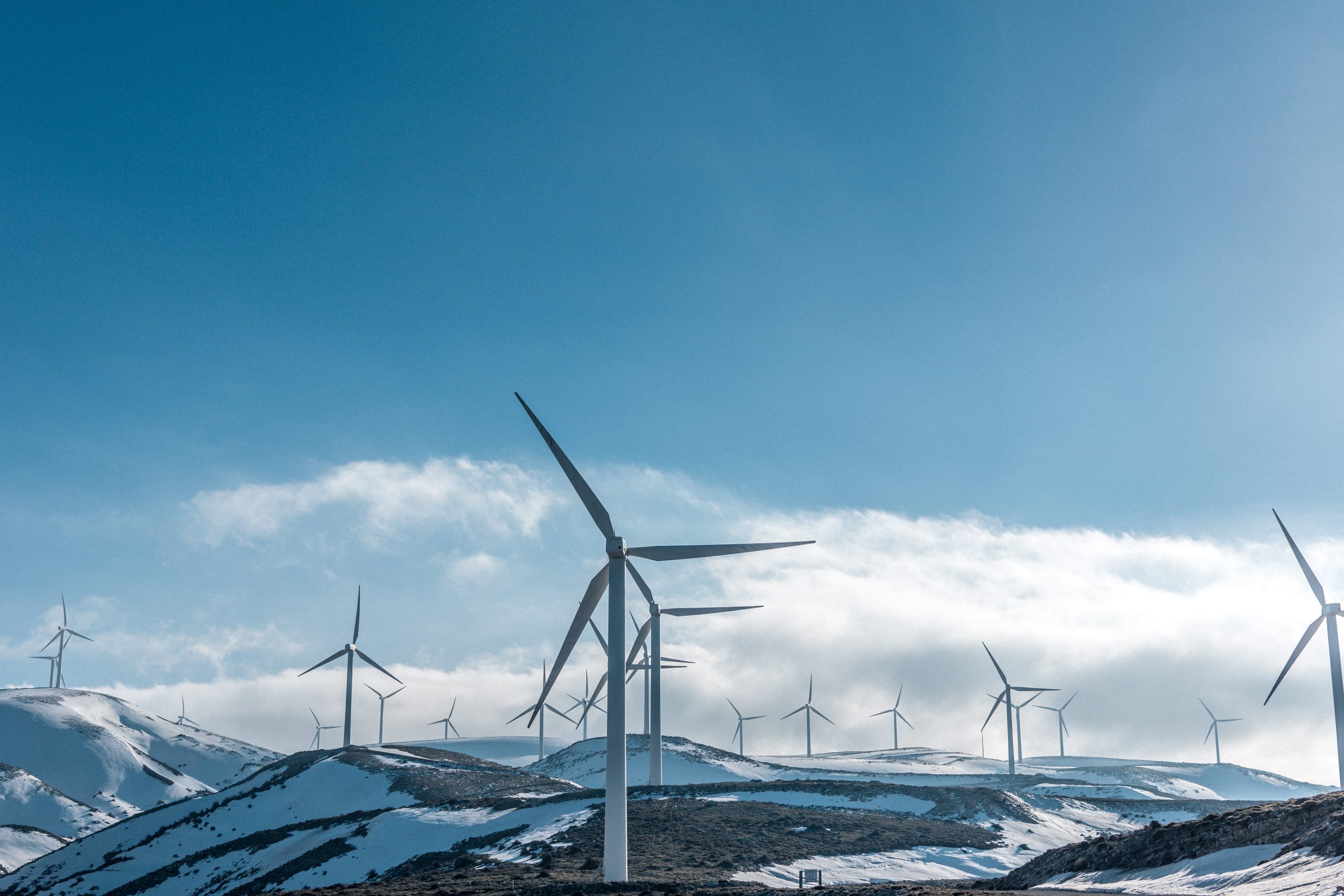
While the decision to electrify Melkeøya will have a significant positive impact on the reduction of Norway’s inland CO2 emissions, many fear negative consequences such as the impact on local industry, jobs, communities, nature, reindeer herding and energy security.
Once again, the AE Bergen Hub is organising a panel discussion at the upcoming Arctic Frontiers 2024 conference in Tromsø. The conference which takes place from January 29th – February 1st will include our very own session titled A new Arctic energy mix – at what costs? The Finnmark example.
We welcome you to join us for this important discussion which will take place on 1st February, during the Arctic Frontiers 2024 conference in Tromsø. You can also follow a live streaming of the event on February 1st at 11:00 – 12:30.
Background
In August 2023, the Norwegian Government´s announced its decision to change the energy source at Melkøya’s Liquid Natural Gas plant, from natural gas to electrical power. This announcement has since sparked a polarised debate. This decision has ramifications that extend beyond local considerations. The debate mirrors numerous global challenges related to the green transition and the need for more energy.
The Intergovernmental Panel on Climate Change (IPCC) states that there’s a probability exceeding 50% that global temperatures will increase to or exceed 1.5 degrees Celsius between 2021 and 2040. Norway, much like the rest of the world, is struggling to achieve the 1.5 or 2-degree targets set by the Paris Agreement. The prospect of nearing 3 degrees appears likely considering current commitments and implementation. While the decision to electrify Melkeøya will have a significant positive impact on the reduction of Norway’s inland CO2 emissions, many fear negative consequences such as the impact on local industry, jobs, communities, nature, reindeer herding and energy security.
Like most Arctic regions, the population of Finnmark is rapidly decreasing, and the demand for energy plays a pivotal role, for example in the creation of new job opportunities. What amount of energy and from which sources, is required to compensate for the electrification of Melkøya? And how does this conflict with recommendations from the UN’s Intergovernmental Science-Policy Platform on Biodiversity and Ecosystem Services (IPBES)? These recommendations state that «The health of ecosystems on which we and all other species depend is deteriorating more rapidly than ever. We are eroding the very foundations of our economies, livelihoods, food security, health, and quality of life worldwide».
About our panel discussion
The situation in Melkøya raises many issues. A central question is how to establish legitimacy by considering both scientific knowledge and stakeholder interests. Our panel discussion at Arctic Frontiers 2024 will delve into these dilemmas and explore potential solutions offered by advancing technologies and systems, such as multisource micro-energy plants, hydrogen solutions, offshore wind, and even possibly nuclear power.
Speakers and panelists:

Eystein Jansen
Eystein Jansen is professor of palaeoclimatology at the University of Bergen. Jansen was the founding director of the Bjerknes Centre for Climate Research, which he led for 13 years. Jansen is Academic Director for the Academia Europaea Bergen Knowledge Hub and Vice President of the European Research Council (ERC) and a member of Academia Europaea, the Norwegian Academy of Science and Letters, The Norwegian Academy of Technological Sciences and the Norwegian Scientific Academy for Polar Research. Jansen was in 2019 awarded the Brøgger prize and the Meltzer prize for excellence in research. His research has primarily dealt with the influence of changes in ocean circulation on climate and on natural climate changes.
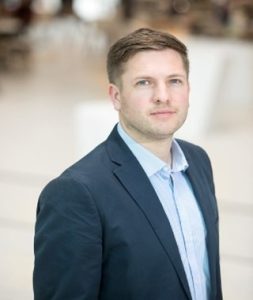
Lars-Henrik Paarup Michelsen
Lars-Henrik Paarup Michelsen has been working professionally with climate change and energy transition for more than a decade and has served as the director of the Norwegian Climate Foundation, Norway’s green think tank, since 2015. He lives in Bergen, where the foundation is headquartered. His professional experience comes from politics and public service, and he holds a degree in comparative politics. The Climate Foundation´s cooperates closely with academic institutions and its work cover a broad range of issues – from decarbonizing deep-sea shipping to financial climate risk.
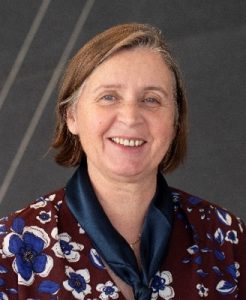
Anne Ingeborg Myhr
Anne Ingeborg Myhr, SVP NORCE Climate & Environment. Myhr has extensive experience from inter- and transdisciplinary projects on emerging technologies. Main focus for research is on future food systems, sustainable aquaculture, protection of the environment and biodiversity, and the circular economy. This includes studies on ELSA and RRI with novel technologies. Myhr holds a Dr. scient within medical biology and a M.Sc in biotechnology. Myhr has extensive experience from inter- and transdisciplinary projects on emerging technologies including genome editing.
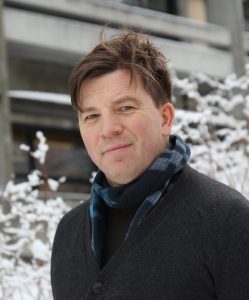
Political scientist Ole Øvretveit.
Ole Øvretveit is the project manager on the Arctic Science Collaboration and diplomacy project at the Academia Europaea Bergen Hub. Øvretveit is currently Director of the Coastal Impact Hub (Østfinmark kystutviklingssenter), which is a pilot project funded by the Norwegian government. Previously he served as Director of Arctic Frontiers for eight years. Subsequently, Øvretveit served as Director of Science to Policy for the Sustainable Development Goals at the University of Bergens. Ole Øvretveit has also provided leadership with Initiative West, a think tank focusing on sustainable ocean economy, societal growth and the green transition from the west coast of Norway.
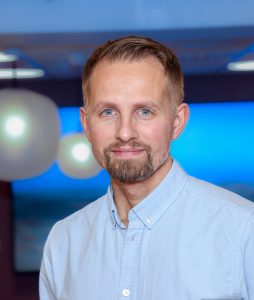
Helge Nitteberg
Helge Nitteberg (42) is editor-in-chief in Nordlys, the biggest newspaper in Northern Norway. Nitteberg was only 14 years only when he wrote his first news article in the local newspaper Folkebladet in Finnsnes. Later, he worked for Adresseavisen in Trondheim, before he started working for Nordlys in Tromsø in 2003. He worked as a journalist until he became news editor in May 2010. In June 2016 he became editor-in-chief of Nordlys. Throughout his career, Nitteberg has been covering all kinds of topics such as politics, sports, crime and much more.
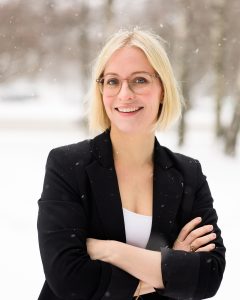
Sigrid Ina Simonsen
Sigrid Ina Simonsen is director of the regional office NHO Arctic of The Confederation of Norwegian Enterprise (NHO). NHO is Norway’s largest employers’ organization and has more than 32,000 member companies. NHO Arctic covers Troms, Finnmark and Svalbard. Simonsen previously held the position as head of northern areas in Offshore Norway, and has also worked as communication leader in Equinor. She was County Councillor for Business Development and Culture for the Labour party in Troms County from 2017-2020. She holds a Ph.D. in physics from the University of Bergen.

Jonas K. Nørland, Foto: Thor Nielsen / NTNU
Jonas Kristiansen Nøland is currently an Associate Professor of energy conversion with NTNU, an Associate Professor II with USN, a senior member of the IEEE, a researcher within Nuclear Energy’s role in a Renewable Energy System (NERES-project), a coordinator of NTNU’s Clean Aviation research initiative, and a communication manager for the hydropower system project SysOpt. He holds a PhD in Engineering Physics from Uppsala University – Angstrom Laboratory. Since 2022, he has been part of NTNU’s Outstanding Academic Fellows Programme. He is serving as an Associate Editor for the American scientific journals: IEEE TRANSACTIONS ON ENERGY CONVERSION, IEEE TRANSACTIONS ON INDUSTRIAL ELECTRONICS, and IEEE TRANSACTIONS ON TRANSPORTATION ELECTRIFICATION. From 2022, he is also the Chair for the IEEE Power and Energy Society Chapter of Norway.
 Geir Vollsæter, representing the Norwegian Confederation of Trade Unions (LO) of Troms & Finnmark, has more than two decades experience in the oil, gas and power sectors in Norway, Europe, and the US. He recently joined Pharos Advisors following many years at Industry Energy, a union within LO Norway. Energy, power and climate policy keeps him motivated and engaged at work and in civil society.
Geir Vollsæter, representing the Norwegian Confederation of Trade Unions (LO) of Troms & Finnmark, has more than two decades experience in the oil, gas and power sectors in Norway, Europe, and the US. He recently joined Pharos Advisors following many years at Industry Energy, a union within LO Norway. Energy, power and climate policy keeps him motivated and engaged at work and in civil society.
 Sigurd Kvammen Rafaelsen is mayor of Lebesby municipality for the Labor Party. He was born and raised in Kirkenes and moved to Kjøllefjord in 2010. Rafaelsen has been active in politics since he moved to Kjøllefjord. In 2011, he was elected as a municipal board representative in Lebesby municipality. Rafaelsen took over as mayor of Lebesby municipality after the election in 2019. In addition to his role as mayor, Rafaelsen is deputy representative to the National Assembley for the period 2021-2025. He also holds positions as chairman of the National Association of Norwegian Wind Power Municipalities, and as chairman of the Natural Resource Municipalities. He is also deputy leader of Finnmark Arbeiderparti and a board member of Finnmark Havfiske A. Rafaelsen is a teacher by education, and also has a bachelor’s degree in political science as well as a year’s study in German language from UiT – Norway’s Arctic University.
Sigurd Kvammen Rafaelsen is mayor of Lebesby municipality for the Labor Party. He was born and raised in Kirkenes and moved to Kjøllefjord in 2010. Rafaelsen has been active in politics since he moved to Kjøllefjord. In 2011, he was elected as a municipal board representative in Lebesby municipality. Rafaelsen took over as mayor of Lebesby municipality after the election in 2019. In addition to his role as mayor, Rafaelsen is deputy representative to the National Assembley for the period 2021-2025. He also holds positions as chairman of the National Association of Norwegian Wind Power Municipalities, and as chairman of the Natural Resource Municipalities. He is also deputy leader of Finnmark Arbeiderparti and a board member of Finnmark Havfiske A. Rafaelsen is a teacher by education, and also has a bachelor’s degree in political science as well as a year’s study in German language from UiT – Norway’s Arctic University.
